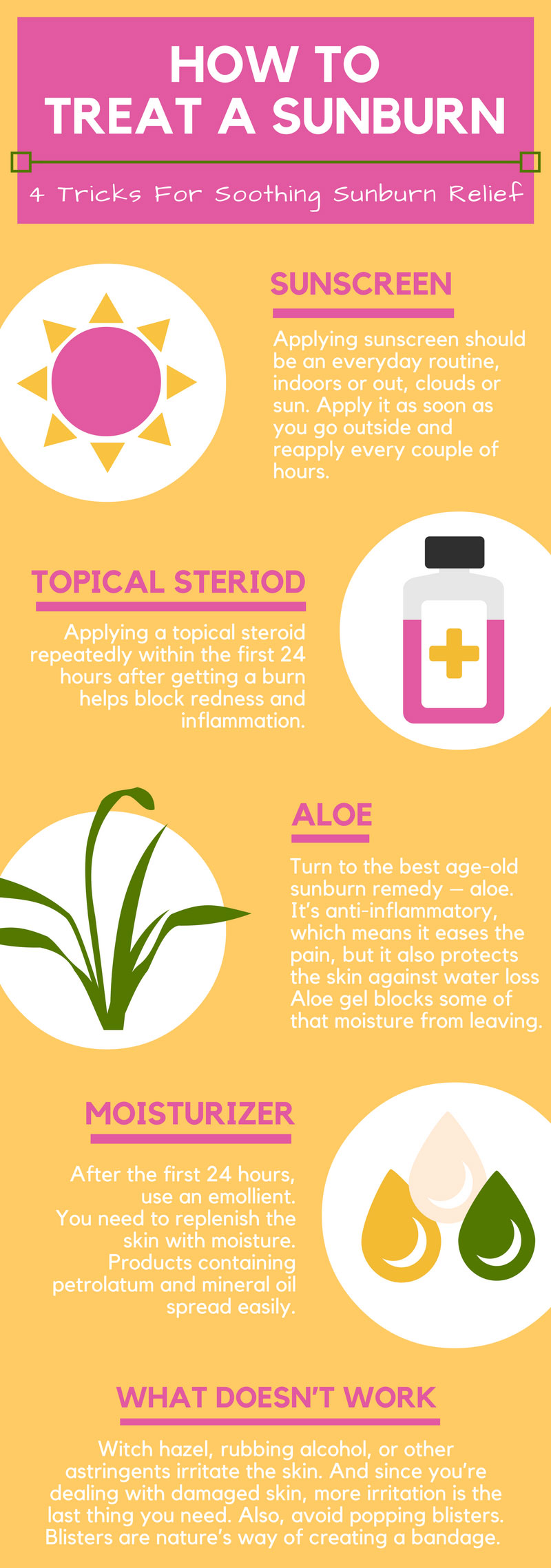Contrasting Prescription And OTC Acne Treatments: Which Is Better?
Contrasting Prescription And OTC Acne Treatments: Which Is Better?
Blog Article
Published By-Hammer Keegan
Did you understand that almost 85% of individuals experience acne eventually in their lives? When you're faced with this usual skin issue, deciding between prescription and over the counter (OTC) therapies can be tricky. Each alternative has its very own collection of advantages and disadvantages, which can substantially impact your skin's wellness. So, just how do you determine which therapy lines up best with your needs? Understanding the crucial differences and what they suggest for your unique scenario may simply hold the solution.
Trick Distinctions In Between Therapies
When it pertains to acne treatments, comprehending the key differences can make a considerable influence on your skin's health and wellness.
You'll find two key groups: over the counter (OTC) and prescription treatments. OTC options, such as benzoyl peroxide and salicylic acid, are readily available and have a tendency to be much less extensive. They commonly work by unclogging pores and minimizing swelling, making them appropriate for moderate to modest acne.
On the other hand, prescription treatments normally contain more powerful active ingredients, like retinoids or prescription antibiotics, and are tailored for more serious instances. These therapies typically need a skin doctor's advice, enabling them to target particular skin issues properly.
The stamina and solution of prescription options can lead to quicker results yet may additionally feature a higher risk of adverse effects.
You ought to also consider your skin type and any sensitivities when picking a treatment. For instance, if you have sensitive skin, OTC therapies may be a gentler beginning factor.
Eventually, knowing these distinctions assists you make notified options concerning your acne therapy journey and leads you towards clearer skin.
Benefits and drawbacks of Prescription Options
Prescription choices for acne treatment included both advantages and disadvantages that you ought to consider very carefully.
One major pro is their strength. Prescription drugs typically contain higher concentrations of energetic components, which can lead to faster and extra efficient outcomes compared to over the counter (OTC) items. You might also discover that prescriptions are customized to your details skin kind and acne intensity, providing a more customized approach.
On the flip side, these therapies can feature substantial disadvantages. For https://www.hellomagazine.com/healthandbeauty/health-and-fitness/20210707117000/love-island-sharon-gaffka-before-plastic-surgery/ , they may have adverse effects ranging from moderate inflammation to extra serious complications, which you need to keep an eye on carefully.
In https://mininecklift55433.is-blog.com/38628824/acne-therapy-developments-what-s-new-in-the-fight-against-breakouts , prescription treatments can be more costly, specifically if your insurance does not cover them. You could likewise encounter challenges in getting a prescription, as it calls for a browse through to a healthcare provider, which can be time-consuming and inconvenient.
Benefits of OTC Treatments
OTC treatments commonly provide a practical and accessible option for managing acne. You can quickly locate these items in drug stores, supermarket, or online, making them conveniently offered over the counter. This access indicates you can begin your acne therapy whenever you need to, without awaiting a physician's appointment.
botox forehead of OTC treatments is their cost. Many non-prescription choices are economical, allowing you to discover various formulations without breaking the bank. You can attempt different products to see what works best for your skin type.
OTC treatments additionally come in a range of formulas, including gels, lotions, and washes. This variety allows you to select a product that fits your lifestyle and preferences. Lots of contain active components like benzoyl peroxide or salicylic acid, which are effective in dealing with acne.
Last but not least, you have the liberty to change your program based upon your skin's reaction. If one product isn't working, you can conveniently switch over to another without an extensive consultation process. This adaptability encourages you to take control of your acne monitoring trip.
Conclusion
Ultimately, selecting in between prescription and OTC acne treatments really comes down to your unique skin requirements and scenarios. While prescriptions may look like the gold ticket for swift outcomes, OTC alternatives offer an even more obtainable path, letting you take control of your skincare journey. Welcome the adaptability of OTC items or consider the tailored technique of prescriptions-- either way, you're taking a positive step in the direction of more clear skin and boosting your self-confidence along the road.
